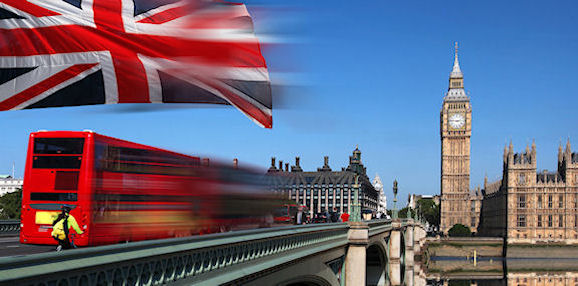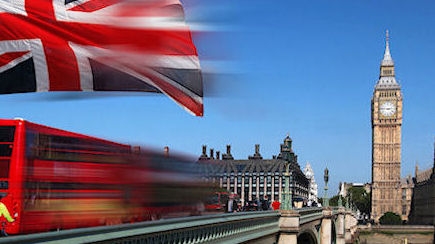This article first appeared in the Jul/Aug 2012 issue of World Gaming magazine.
In July London makes history by hosting the Olympic Games a record three times. World Gaming’s Christian Newbold looks at what this honor means for the British capital.
For 17 days every four years the world’s attention is focused on the Summer Olympics, giving the host city immense media coverage. Yet many argue the honor of hosting this massive international spectacle is offset by the huge cost, seeing Olympic cities left with crippling bills and empty stadiums once the two and a half weeks of sporting glory are over.
Montreal, the 1976 host, took just over 30 years to pay off the cost of staging the games. The 2004 Athens Olympics ran billions of euros over budget – at state expense. You only have to look at the current state of the Greek economy to see how well that worked out.

Whilst proponents of hosting the Games accept they will inevitably cost significant amounts of money, they argue the “feel good factor” and longer-term benefits justify this outlay. While only time will show the long-term effects, let’s have a look at what hosting the Games means for London.
It’s difficult to put a price on the hype surrounding an international sporting event, especially the Olympics. British government research indicates 87 percent of Londoners want to host the Games, and an event this prestigious offers a potential boost to national pride and unity. This is particularly relevant in a city as multi-cultural as London, which boasts 7 million inhabitants speaking 300 languages.
The scale of work done to create the Olympic Park will leave a lasting legacy of world-class sports venues, transport links, energy networks, a brand new urban park and thousands of new homes. The Olympics usually result in the cleaning up of rundown urban areas, and create a new major stadium (or at least major improvements to an existing stadium), along with an Olympic Village of 5,000 to 20,000 new homes. These new homes can be handed over by governments as low cost housing after the games, and this is exactly what is proposed for London 2012.
The Games are also a shot in the arm for the troubled UK economy, offering jobs at the Olympic Park and millions of pounds worth of contracts for UK businesses. Whilst none of the recent Olympics have made immediate profit, the host nation is showcased to the world and most hosts see a boost in tourism in the following years. Australia estimates it gained over US$3 billion in extra tourist revenue in the four years following Sydney 2000.
Local economic stimulation, improved infrastructure and regeneration are all good reasons to host an Olympic Games and if London learns from the mistakes and successes of past Games then hosting can only be a good thing. Add in a sense of unity, national pride and 17 days on the world stage and London has good reason to be excited about the Games of the XXX Olympiad.







